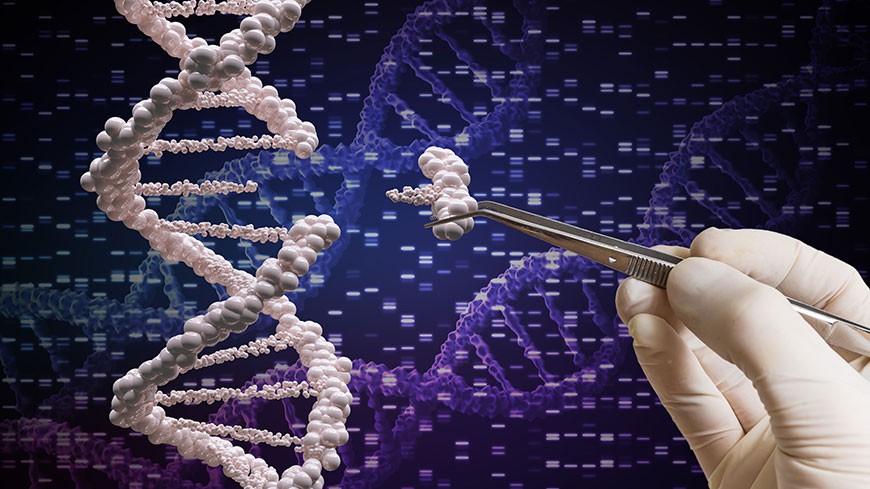Genome editing technologies

These clarifications were adopted by the CDBIO at its 1st plenary meeting (31 May – 3 June 2022) and presented to the Committee of Ministers on 27 September 2022.
Embedding human rights in the development of technologies which have an application in the field of biomedicine
Technological innovation often creates its own dynamic. Major technological breakthroughs in fields such as artificial intelligence, genome editing, and neurotechnology have the potential to advance biomedicine and healthcare. However, uncertainty exists about the impact and direction of these developments. For example, artificial intelligence is increasingly proficient in diagnostics but depends on massive amounts of patient data which may impact on transparency and patient trust, thereby necessitating the provision of guidance for healthcare professionals. Genome editing techniques which introduce inheritable changes in the human genome raise serious concerns about the possibilities of irreversible harm to future persons. Developments in neurotechnologies, such as deep brain stimulation, brain-computer interfaces, and artificial neural networks, raise the prospect of increased understanding, monitoring, but also of control of the human brain, raising issues of privacy, personhood, and discrimination.
The role of governance in biomedicine is often restricted to facilitating the applications of technology and to containing the risks that come to light. In this way, human rights considerations will only come into play at the end of the process, when the technological applications are already established, and the technological pathways often have become irreversible. To overcome this problem, there is a pressing need to embed human rights in technologies which have an application in the field of biomedicine. This implies that technological developments are from the outset oriented towards protecting human rights. For that reason, governance arrangements need to be considered, which seek to steer the innovation process in a way which connects innovation and technologies with social goals and values.
- Final conclusions of the re-examination of Article 13 of the Oviedo Convention | 11 octobre 2022
- Statement on Genome Editing Technologies | 2 December 2015









